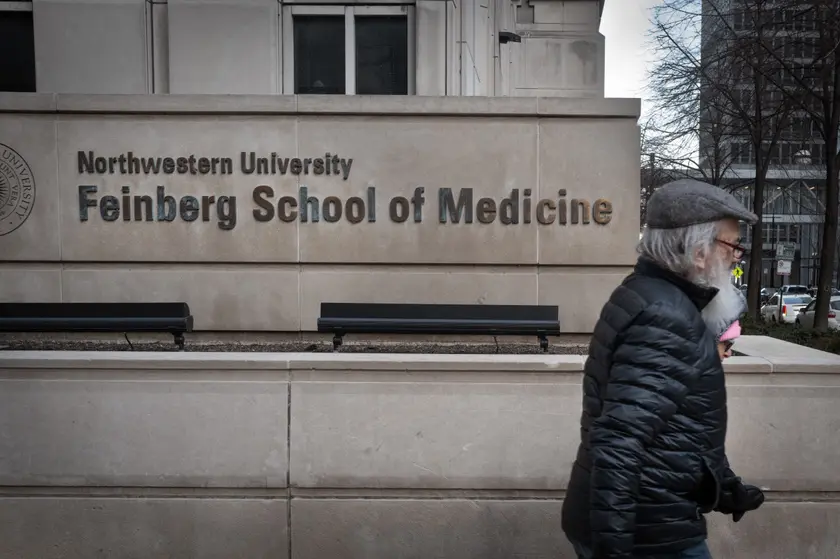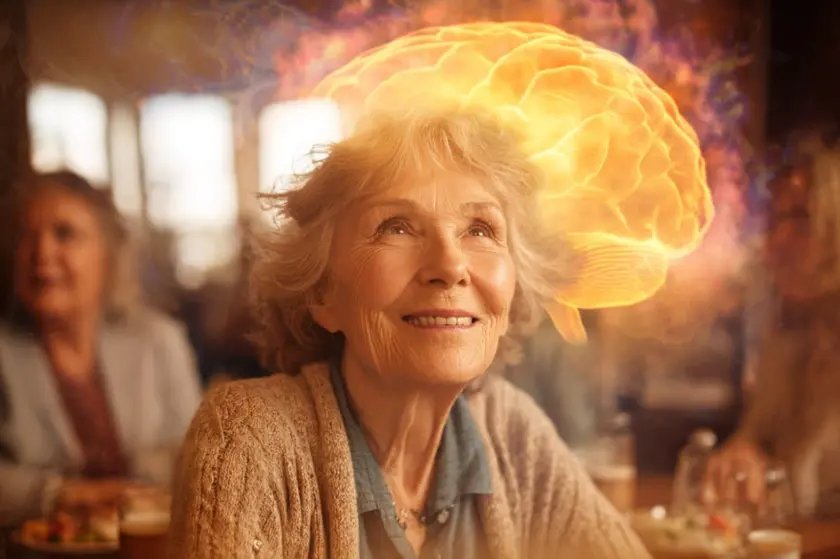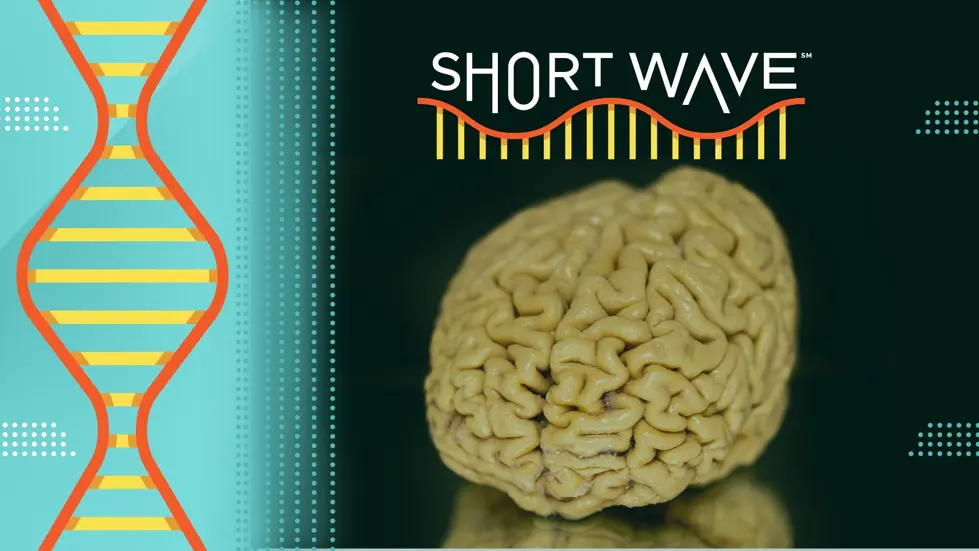T4K3.news
SuperAgers Show Slower Brain Aging
A Northwestern study finds older adults with strong memory may have slower brain aging and fewer dementia markers.

A long-running Northwestern study of people over 80 reveals brain traits linked to memory resilience and slower aging, offering clues about dementia risk.
SuperAgers Show Slower Brain Aging
The Northwestern SuperAger program began in 2000 and enrolled 290 participants aged 80 and older who were cognitively healthy. Over more than two decades, researchers collected data and, in a subset of 79 participants, autopsies after death to link brain structure with dementia outcomes.
Preliminary findings show that while the cortex naturally thins with age, superagers experience less thinning than younger controls. They also show fewer amyloid plaques and tau tangles, the hallmarks of Alzheimer's disease. Experts caution that cause remains unknown and that the autopsy subset is small, so results should be interpreted with care.
Key Takeaways
"Some minds defy the aging script"
A provocative take on aging and memory resilience
"Cortical thinning slows in superagers"
A notable scientific finding from the study
"Less plaques and tangles point toward prevention"
A potential direction for dementia research
"Aging brain health starts with daily care"
A call to focus on lifestyle factors
The study offers a hopeful thread about aging, but it raises questions about how representative the sample is. Superagers are a select group; differences in education, health access, and lifestyle may drive the results. Autopsy data, while powerful, comes from a limited subset and may not reflect the broader elderly population.
If confirmed, the findings point to a broader lesson: brain health is an active pursuit. Policies that promote cardiovascular health, hearing health, social connection, and physical activity could help more people maintain memory into old age. But science should avoid turning slower aging into a simple cure narrative and recognize that genetics and environment both play roles.
Highlights
- Some minds defy the aging script
- Cortical thinning slows in superagers
- Less plaques and tangles point toward prevention
- Aging brain health starts with daily care
Aging is not fixed fate; it is a field where care and science can change outcomes.
Enjoyed this? Let your friends know!
Related News

SuperAgers defy aging myths

Study reveals secrets of SuperAgers' brains

New study links SNAP to slower cognitive decline in older adults

Study shows SNAP aids cognitive health in older adults

Study finds pandemic stress hastened brain aging

SuperAgers memory secrets revealed

SuperAger brains stay sharp

New MRI test predicts biological aging and health risks
